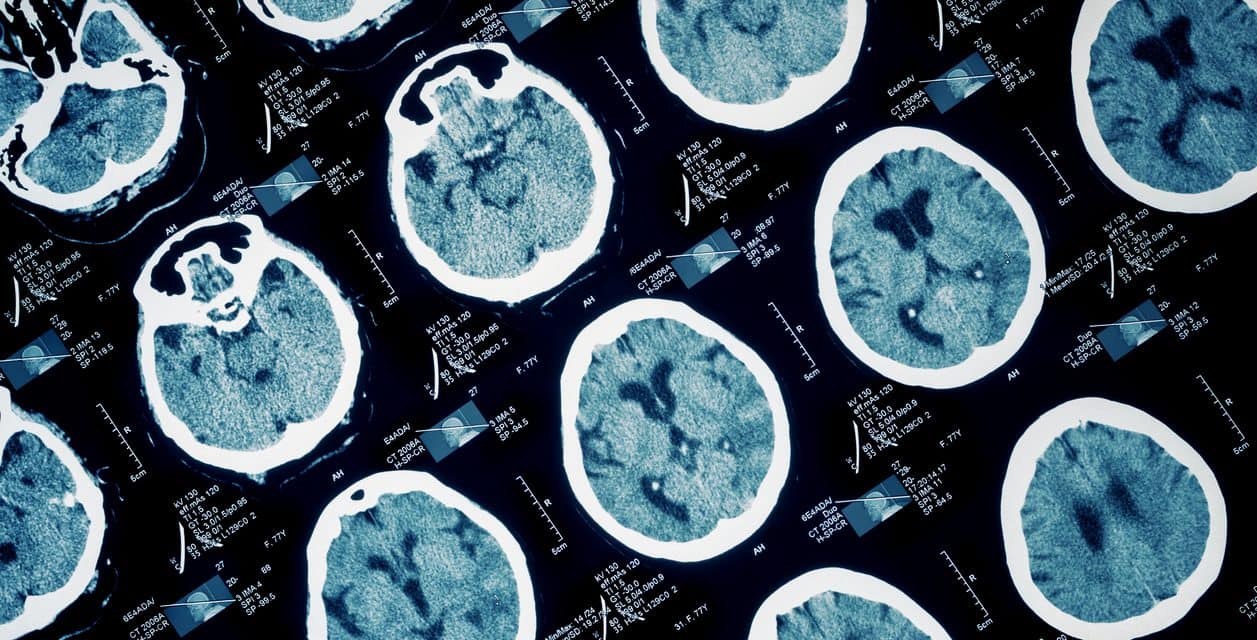Previous studies on in utero exposure to maternal environmental tobacco smoke (ETS) or maternal active smoking and Autism Spectrum Disorder (ASD) have not been entirely consistent, and no studies have examined in utero cotinine concentrations as an exposure classification method. We measured cotinine in stored second trimester maternal serum for 498 ASD cases and 499 controls born in California in 2011-2012. We also obtained self-reported maternal cigarette smoking during and immediately prior to pregnancy, as well as covariate data, from birth records. Using unconditional logistic regression, we found no association between log10 cotinine concentrations and odds for developing ASD among children of non-smokers (aOR: 0.93 [95% CI: 0.69, 1.25] per ng/ml), which represents exposure to ETS, though there may be a possible interaction with race. We found no association between cotinine-defined smoking (≥3.08 ng/ml vs. <3.08 ng/ml) (adjusted odds ratio [aOR]: 0.73 (95% confidence interval [95% CI]: 0.35, 1.54)) or self-reported smoking (aOR: 1.64 [95% CI: 0.65, 4.16]) and ASD. In one of the few studies of ETS and the first with measured cotinine, our results indicate no overall relationship between in utero exposure to tobacco smoke from maternal ETS exposure or active smoking, and development of ASD. LAY SUMMARY: This study found that women who smoke or are exposed to tobacco smoke during pregnancy are not more likely to have children with Autism Spectrum Disorder (ASD). This is the first ASD study to measure a chemical in the mother's blood during pregnancy to identify exposure to tobacco smoke.© 2021 International Society for Autism Research and Wiley Periodicals LLC.
The association of in utero tobacco smoke exposure, quantified by serum cotinine, and Autism Spectrum Disorder.


